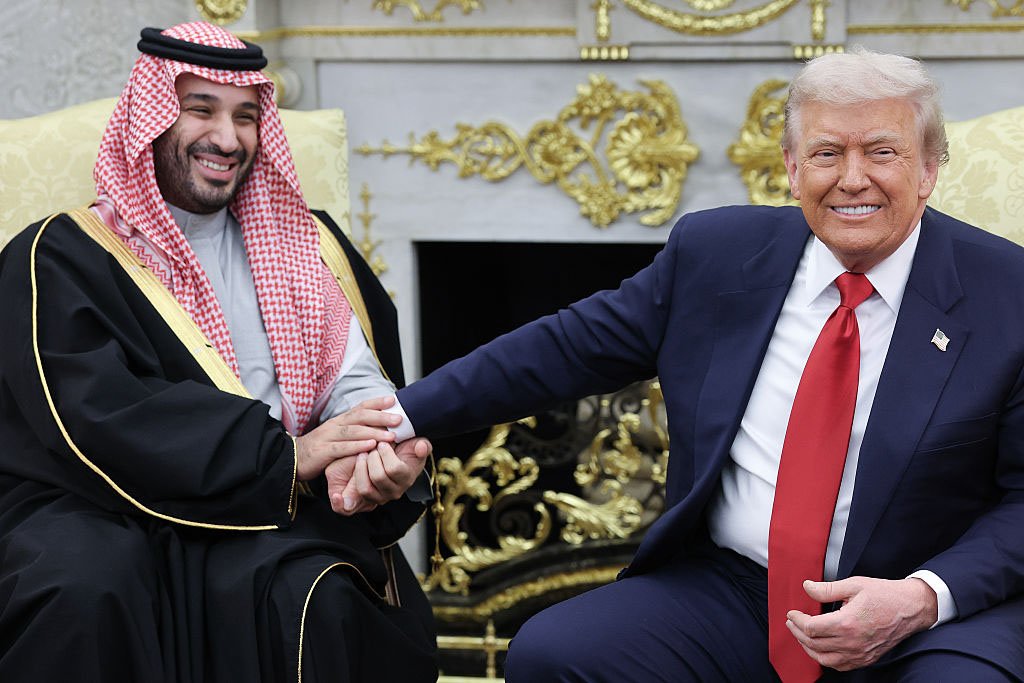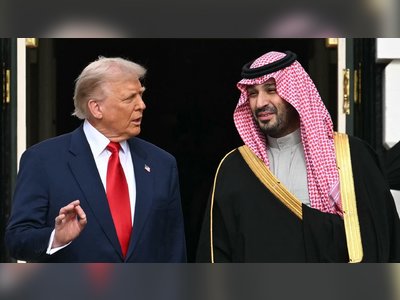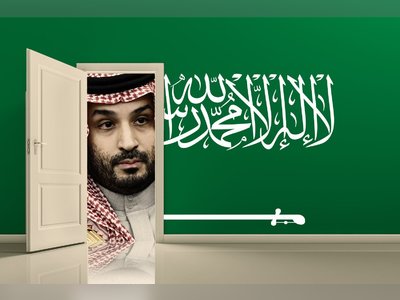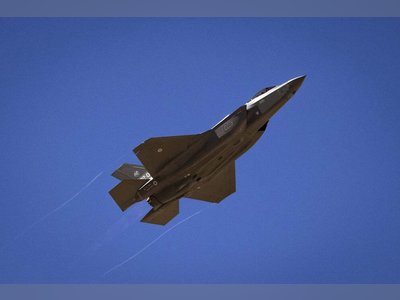
US-Saudi Deal Raises Alarm Over Israel’s Military Edge as F-35 Sale Looms
President Donald Trump’s approval of advanced fighter jets to Saudi Arabia sparks regional strategic concerns despite public alliance with Israel
President Donald Trump announced that the United States will sell F-35 fighter jets to Saudi Arabia during his meeting with Crown Prince Mohammed bin Salman at the White House, reaffirming the nations’ deepening defence and technology partnership.
The move follows a strategic shift in US–Saudi relations, with Riyadh elevated to one of Washington’s top partners and anticipating a major investment pledge into the US economy.
While publicly Trump and bin Salman spoke of shared goals, behind closed doors the Israeli dimension of the deal emerged as a key point of tension.
The Saudis made clear that they will only normalise relations with Israel once a “path” to Palestinian statehood is secured — a demand that Israeli leaders reject.
At the same time, the F-35 announcement without a formal Israeli-Saudi accord signalled a decoupling of US military backing from diplomatic progress in the Middle East.
Israeli officials and defence analysts warn the sale could erode Jerusalem’s decades-old “qualitative military edge” (QME) guaranteed by US law, especially if Saudi Arabia operates a version of the aircraft close to or equal to Israel’s own fleet.
Israeli ministry spokespeople pressed Washington to ensure that Israel receives more advanced weaponry than any other regional state.
US officials have responded by asserting that the version of the jets sold to Saudi Arabia will be less capable than Israel’s and subject to strict limitations.
Nonetheless, the deal signals Washington’s willingness to tie high-end arms sales to broader strategic alignment rather than making Israel-Saudi normalisation a prerequisite.
As Riyadh gains access to advanced US military technology without immediate diplomatic concessions to Israel, analysts say the regional balance is shifting — for all three states, it may herald a new era of security assumptions.
The move follows a strategic shift in US–Saudi relations, with Riyadh elevated to one of Washington’s top partners and anticipating a major investment pledge into the US economy.
While publicly Trump and bin Salman spoke of shared goals, behind closed doors the Israeli dimension of the deal emerged as a key point of tension.
The Saudis made clear that they will only normalise relations with Israel once a “path” to Palestinian statehood is secured — a demand that Israeli leaders reject.
At the same time, the F-35 announcement without a formal Israeli-Saudi accord signalled a decoupling of US military backing from diplomatic progress in the Middle East.
Israeli officials and defence analysts warn the sale could erode Jerusalem’s decades-old “qualitative military edge” (QME) guaranteed by US law, especially if Saudi Arabia operates a version of the aircraft close to or equal to Israel’s own fleet.
Israeli ministry spokespeople pressed Washington to ensure that Israel receives more advanced weaponry than any other regional state.
US officials have responded by asserting that the version of the jets sold to Saudi Arabia will be less capable than Israel’s and subject to strict limitations.
Nonetheless, the deal signals Washington’s willingness to tie high-end arms sales to broader strategic alignment rather than making Israel-Saudi normalisation a prerequisite.
As Riyadh gains access to advanced US military technology without immediate diplomatic concessions to Israel, analysts say the regional balance is shifting — for all three states, it may herald a new era of security assumptions.




